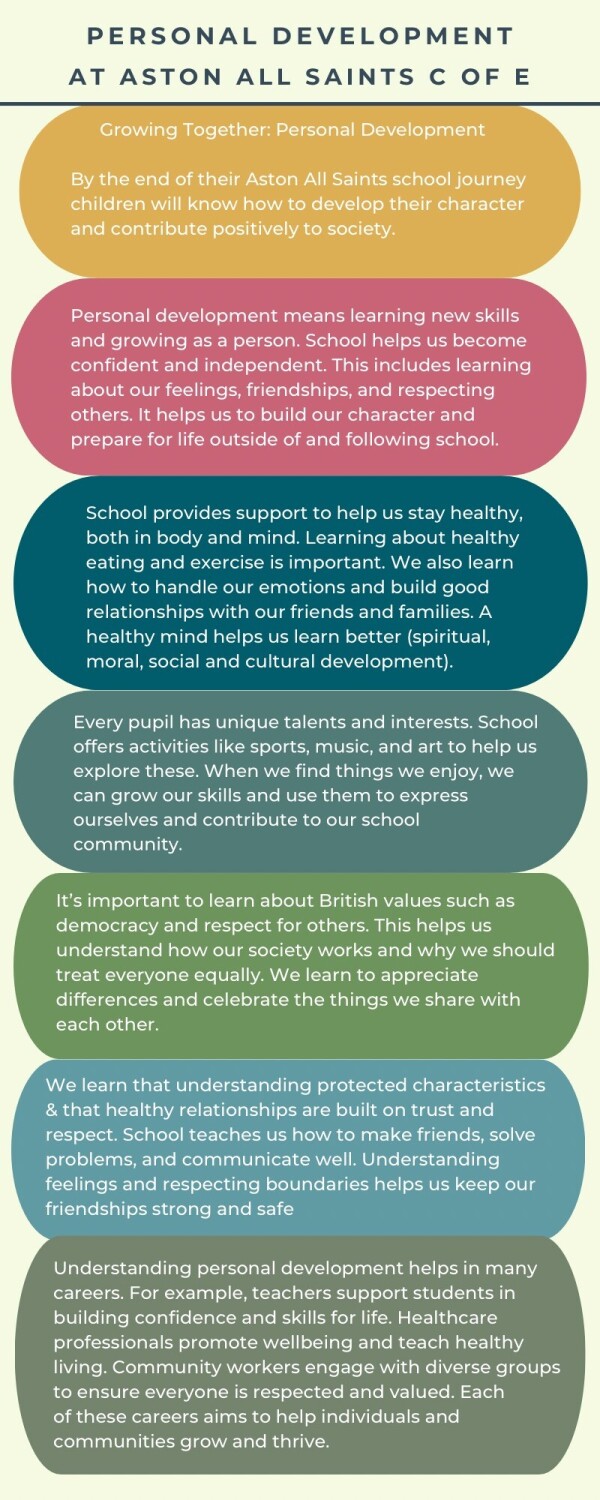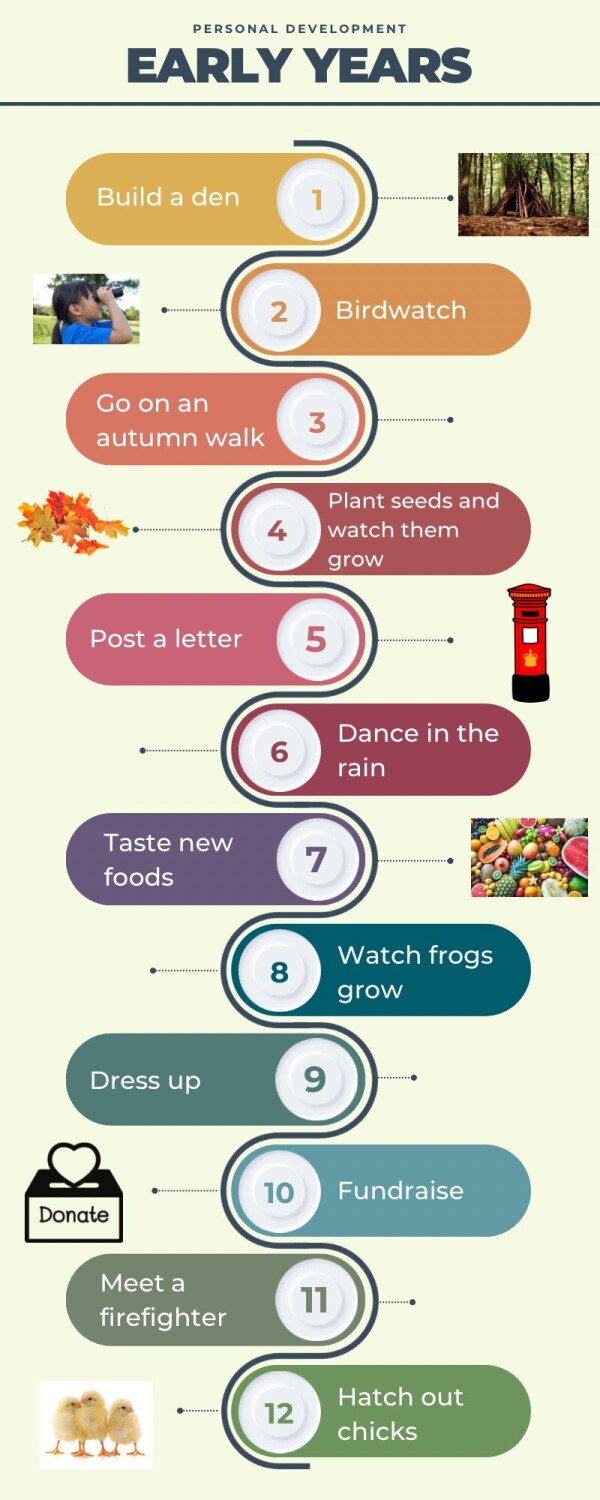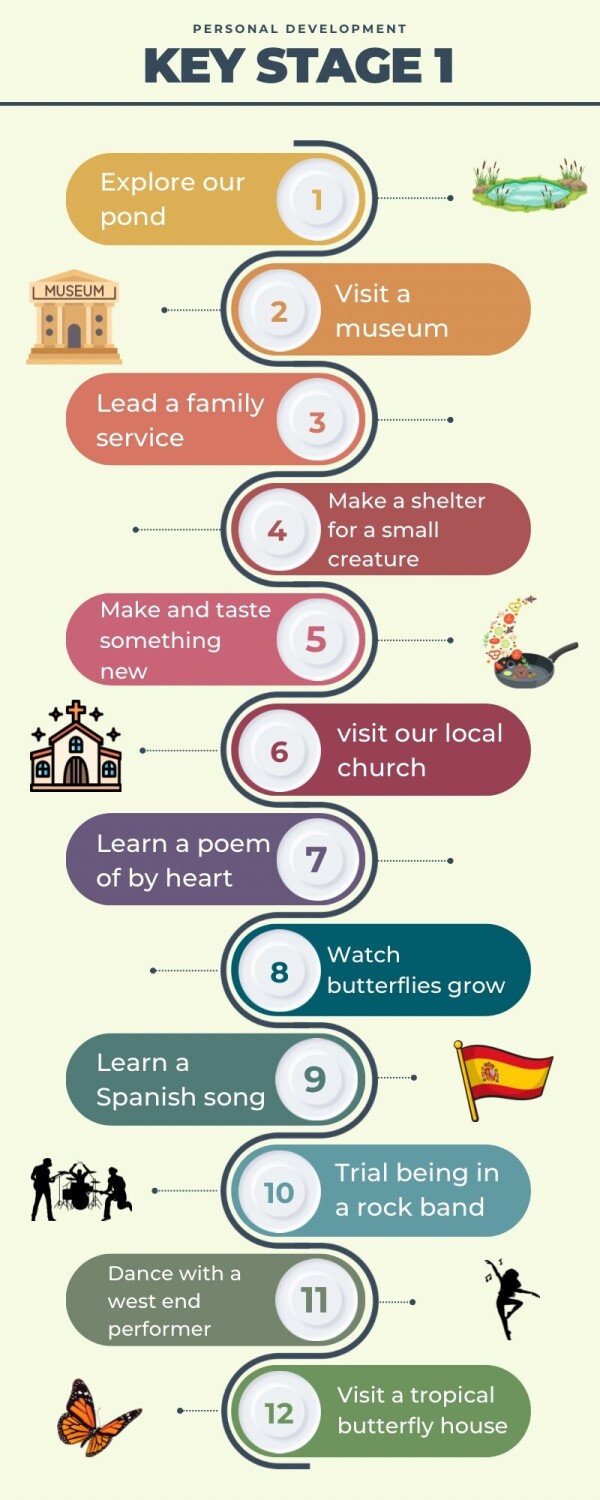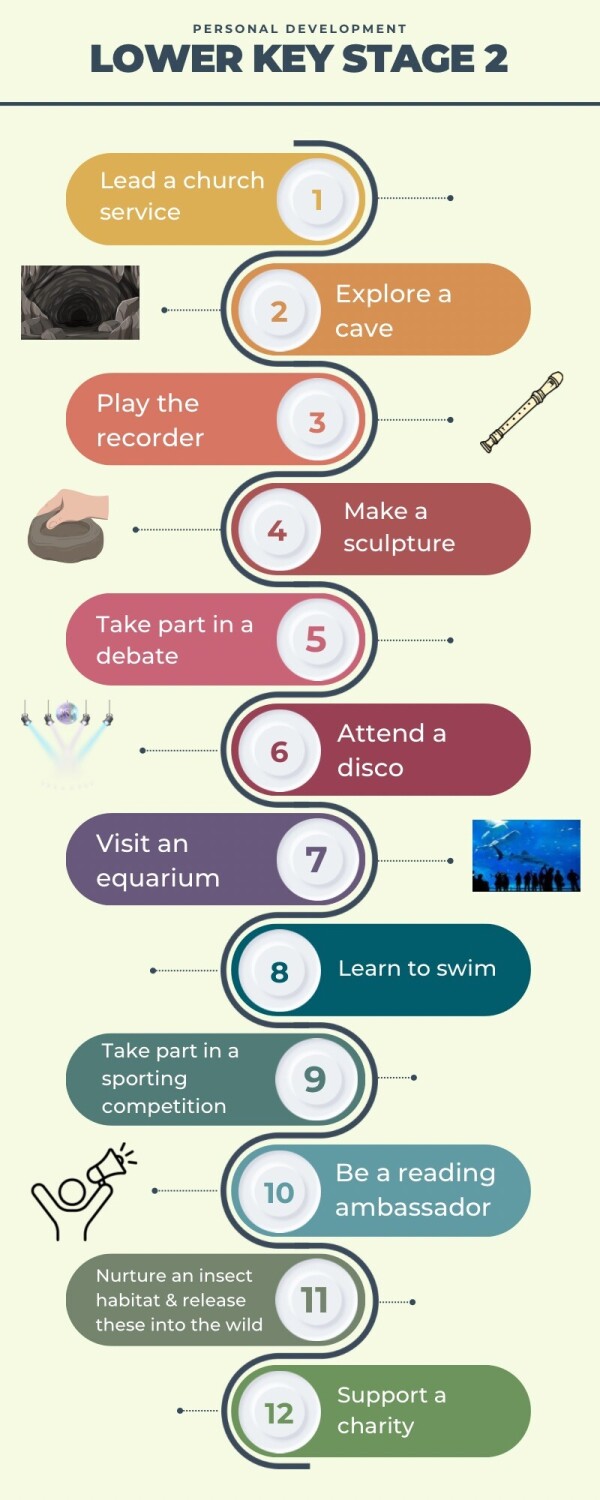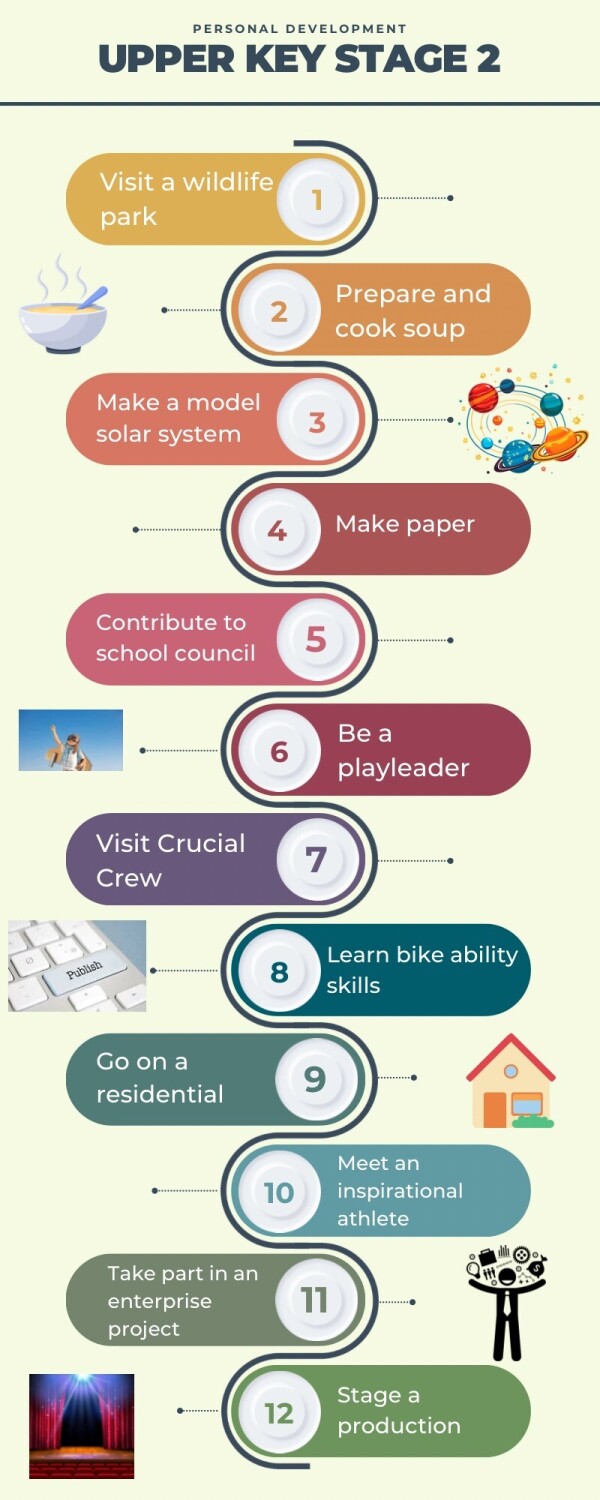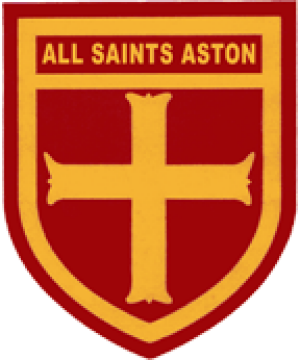Curriculum
The Curriculum at Aston C of E Primary School
At the heart of Aston All Saints C of E Primary School, we nurture the children’s spiritual well-being and develop their moral, social and cultural understanding. We provide an environment that is safe and enables our children to flourish and enjoy all aspects of school life.
We are an inclusive school and strive for all children to achieve their full potential, recognising the starting point of our most disadvantaged children may be very different. Through inspirational teaching and leadership in a stimulating environment, we provide support and challenge to enable all to become uninhibited and resilient learners.
As a school we aim to deliver a rich and exciting curriculum, which is carefully planned to ensure coverage and progression while developing children’s curiosity and thirst for learning. Through this we aim to equip our children with the knowledge and skills needed to find their place as an individual in modern Britain.
Our curriculum is firmly embedded in a wide range of first-hand experiences which gives the children a wealth of opportunities to develop both academically, personally and socially. Every chance is taken to bring learning to life, through off-site visits, including residential visits; visitors into school and specially planned focus weeks which often includes the creative arts.
We recognise that learning is a change to the long-term memory. With this in mind, we have adopted a spiral curriculum where new ideas and knowledge are introduced and then revisited with spaced repetition. This layered approach allows for knowledge to be embedded into the long-term memory, ready to retrieve and build upon in the future.
We recognise the importance of speech and language and from the very beginning of their school journey, a language-rich environment is created where children are nurtured to develop their confidence to communicate. Throughout school this work continues to develop children’s vocabulary, giving them a wealth of language as we believe these are vital tools that enable all children to access a broad curriculum and thrive as lifelong learners.
We aim to work in partnership with parents; we provide them with the skills to support their children at home and we also recognise how parents and school families can enhance and enrich the curriculum we provide.
Our Christian Values are at the heart of our school community. We provide opportunities for all children to be proactive in decision making and contribute positively to everyday school life; this prepares our children to be responsible citizens of the future, to uphold core British values and become well-rounded, successful individuals.
Click on this link for the DFE Website and the National Curriculum documents.

The Curriculum is a broad and balanced, knowledge-rich primary curriculum. Its content is delivered through a range of subject-specific projects, which last either a short block, full or half term. Subject-specific projects cover art and design, design and technology, geography, history and science.
Maths is delivered through projects from the White Rose Maths scheme, and English is supported by Read Write Inc, Read Write Inc Comprehension, followed by reading and writing schemes in line with the National Curriculum.
Aston All Saints uses specialist schemes for PE, PSHE, music, computing, MFL and RE.
Through the implementation of a broad and balanced curriculum, we aim for our children to have high aspirations and to make an active and positive contribution to our school, community and wider society; now and in the future. We want our children to be equipped with the skills and knowledge to be able to keep themselves safe and healthy both mentally and physically.
Curriculum Concepts & Aspects
In our Curriculum, we use the terms 'concepts' and ‘aspects’. A concept is an abstract idea within a subject and an 'aspect' is a particular part or feature of a subject.
In the curriculum structure, each Big Idea is directly connected to the curriculum subjects, which have the relevant concepts or aspects through which the Big Idea can be delivered. To ensure coverage of the national curriculum, each subject concept or aspect is then matched to the relevant programmes of study.
For example, in geography, the Big Idea of Humankind is connected to and delivered through the geographical aspects of Settlements, land use and Human features and landmarks. In history, the Big Idea of Humankind is connected to and delivered through the historical concepts or aspects of Everyday life, Hierarchy and power, and Civilisations.
Curriculum Progression
Programmes of study, concepts and aspects are broken down into smaller component parts or 'chunks' to form a cohesive progression framework. The progression framework runs from FS2 to Year 6 and includes knowledge and skills that children need to know and be able to do in order to make progress through the curriculum. The knowledge and skills statements provide the foundation for, and are directly linked to, the sequential lesson plans and resources within each project.
Teachers may decide, at a lesson level, to adapt or refine the individual statements even further. A teacher may decide to do this to create a series of smaller stepping stones to support learning for individual children or groups of children.
Lesson Sequence
We learn by paying attention to information and thinking about it. When we pay attention to information, it enters our working memory. Working memory is where thinking happens.
Making links with prior knowledge prepares learners to learn the next new thing or consolidate learning. By revisiting prior knowledge, we free working memory. One of the most important factors influencing a pupil’s ability to learn. When pupils are introduced to new ideas and concepts, they make sense of them by relating them back to what they already know. Recalling previously learnt facts from memory assists the acquisition of new knowledge. Each lesson supports the grouping of knowledge (i.e. building schema). Doing so acts as a cognitive shortcut which makes storing new things in your long-term memory and retrieval of them much quicker and more efficient.
Each lesson takes into account the DSAT Teach Simple Model, a plan based on the relevant science and research of memory and learning. Following the review/revisit, teach, practice & apply sequence of this model allows children to alter what is stored in their long term memory. Ultimately ensuring that children know and remember more.
EYFS overview
Our EYFS curriculum adopts the Early years foundation stage statutory framework. This framework sets out the standards that schools must meet for the learning, development and care of children from birth to 5.
Our EYFS Aston All Saints planned curriculum ensures the consolidation of the four main principles:
A unique child - Every child is a unique child who is constantly learning and can be resilient, capable, confident and self-assured.
Positive relationships - Children learn to be strong and independent through positive relationships.
Enabling environments - children learn, and develop well in enabling environments in which their experiences respond to their individual needs and there is a strong partnership between practitioners and parents/carers.
Learning & development - Children develop and learn in different ways. The framework covers the education and care of all children in early years provision, including children with special educational needs and disabilities.
The content of our EYFS curriculum is delivered through a range of broad and balanced, knowledge-rich projects that children love. Text driven and rich in knowledge, our curriculum projects help us to deliver all the necessary early years learning needed to be the most ready they can for national curriculum content. We follow our curriculum plan for maximum sequencing and connectivity. This unique progression from Early Years to Year 6 aims to promote the acquisition of ambitious knowledge, high-level literacy, technical vocabulary and the characteristics of learning, to ensure children are prepared for National Curriculum subject disciplines.
Children in EYFS have a balance of adult and child led play and learning activities to ensure learning takes place both indoors and out. The ultimate goal being that children know more, remember more and do more each day. 
Key Stage 2 Swimming
